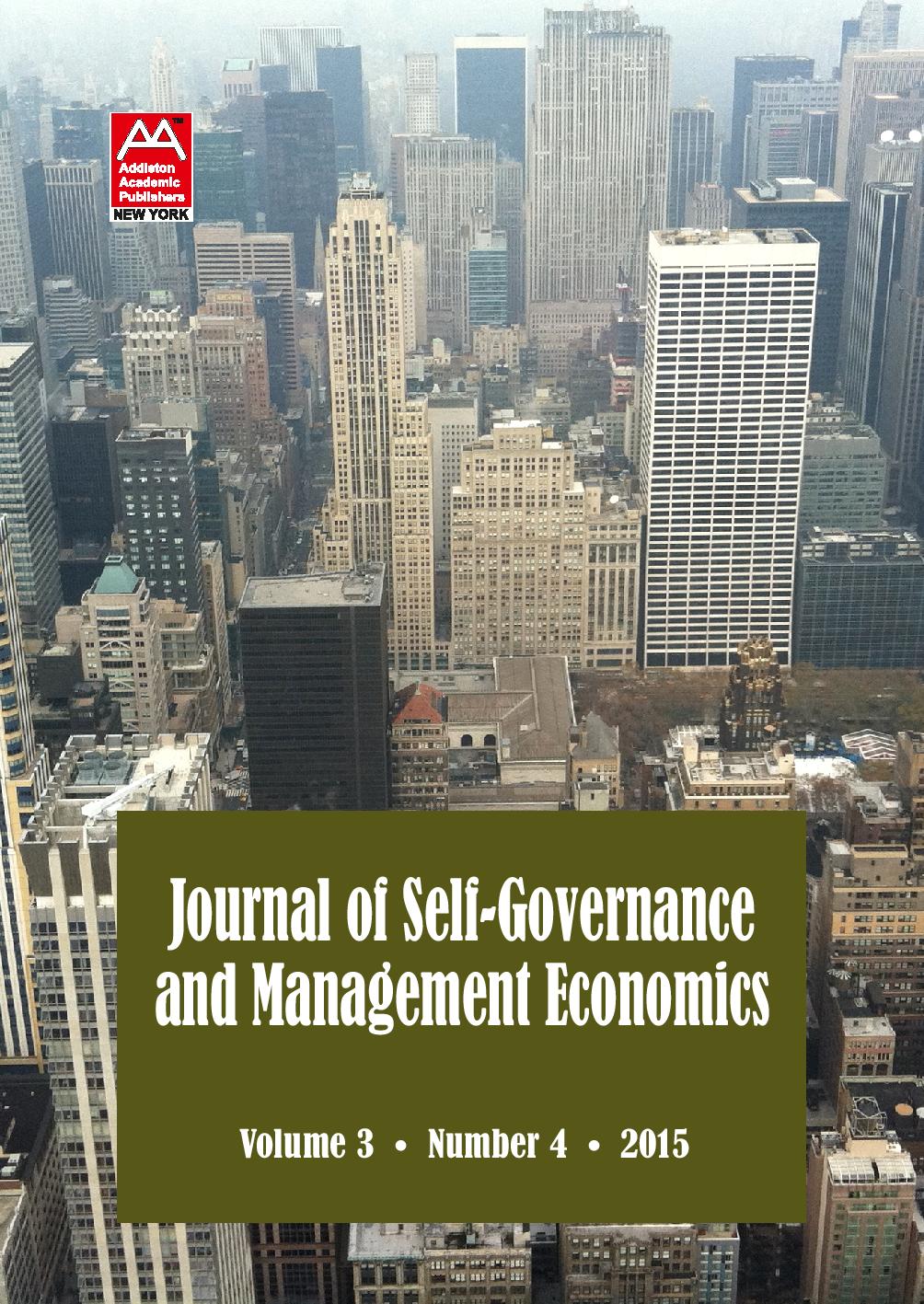CONSTRAINTS ON UNIVERSAL HEALTH CARE IN THE RUSSIAN FEDERATION: INEQUALITY, INFORMALITY AND THE FAILURES OF MANDATORY HEALTH INSURANCE REFORMS
CONSTRAINTS ON UNIVERSAL HEALTH CARE IN THE RUSSIAN FEDERATION: INEQUALITY, INFORMALITY AND THE FAILURES OF MANDATORY HEALTH INSURANCE REFORMS
Author(s): Linda J. CookSubject(s): Business Economy / Management, Health and medicine and law
Published by: Addleton Academic Publishers
Keywords: Russian Federation; health care; reform; inequality; medical insurance
Summary/Abstract: Healthcare in Russia has gone through many transformative stages, from a Soviet-era model of public provision to a shift toward partial privatization under economic liberalization during the 1990s. Both have legacies that survive to the present, and now a mix of both public and private healthcare provision operates across Russia. Throughout all these periods, universalism has been enshrined as a guarantee, at least nominally. The extent to which this right has been upheld varies greatly, with some major constraints to universal provision in Russia. Underfinancing presents a persistent obstacle to universal access, and substantial inequalities in healthcare access and quality exist across different regions and income groups, with some vulnerable and marginalized groups left almost entirely excluded. Furthermore, despite some successful efforts to improve quality and provision of healthcare, Russia has a comparatively poor record in many health indicators, and its national system is struggling to become more efficient and effective.
Journal: Journal of Self-Governance and Management Economics
- Issue Year: 3/2015
- Issue No: 4
- Page Range: 37-60
- Page Count: 24
- Language: English
- Content File-PDF

